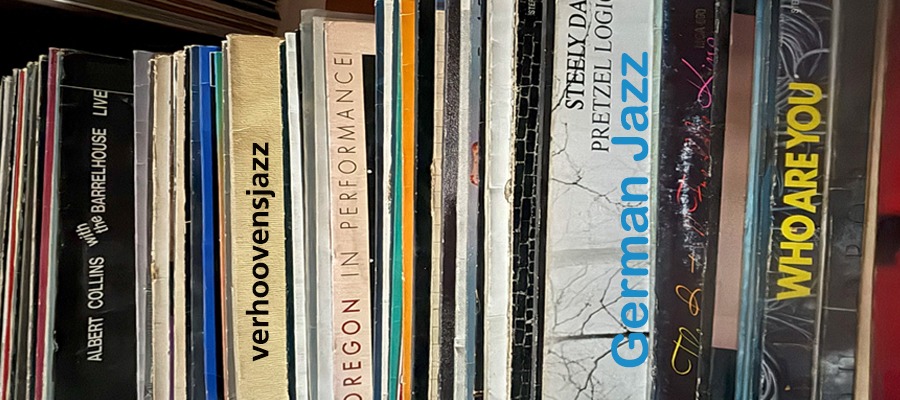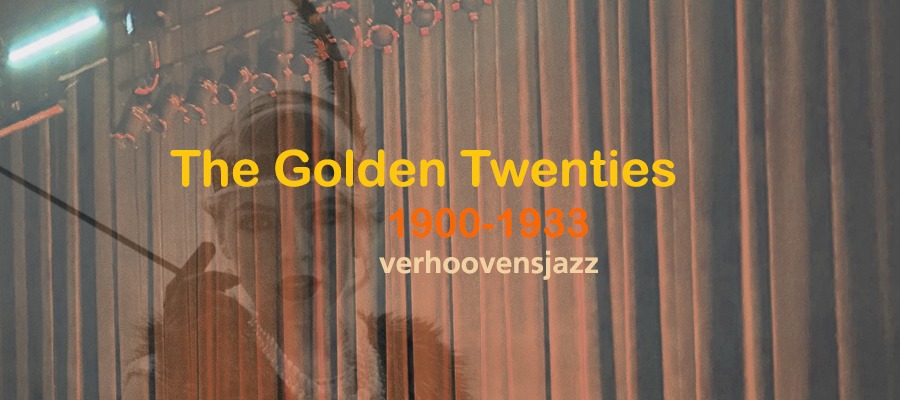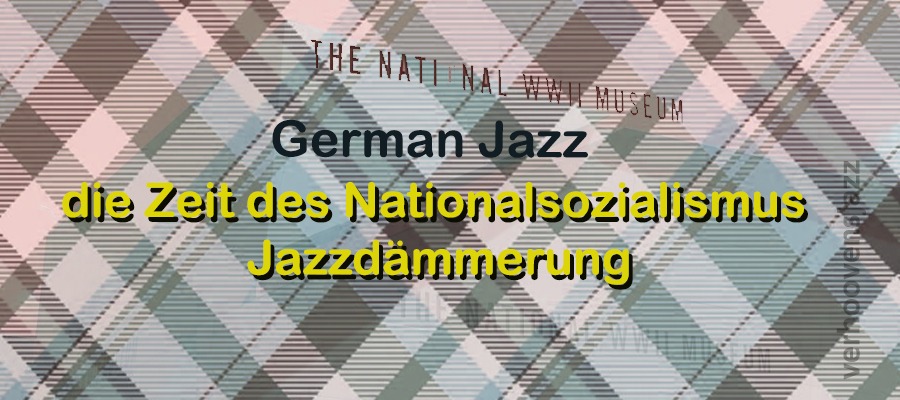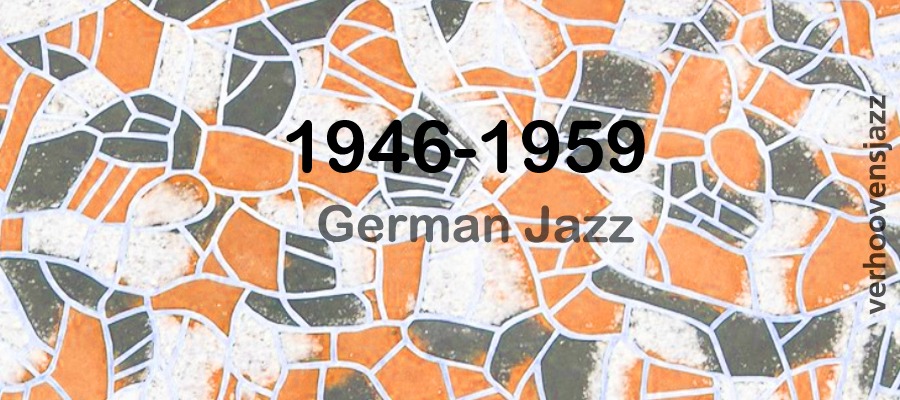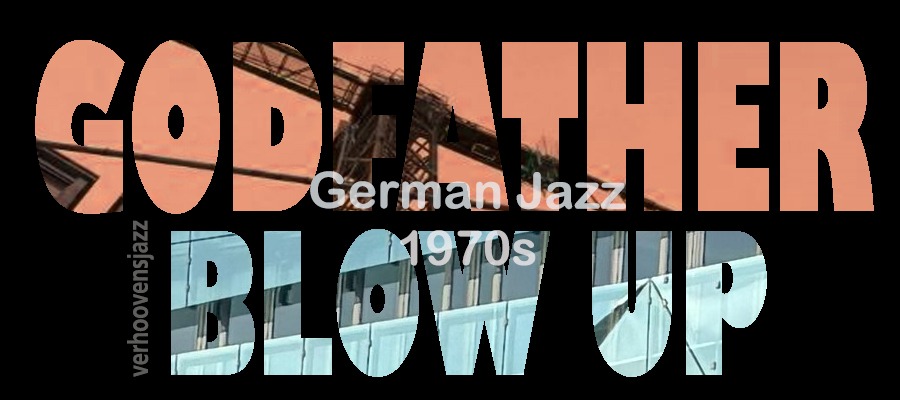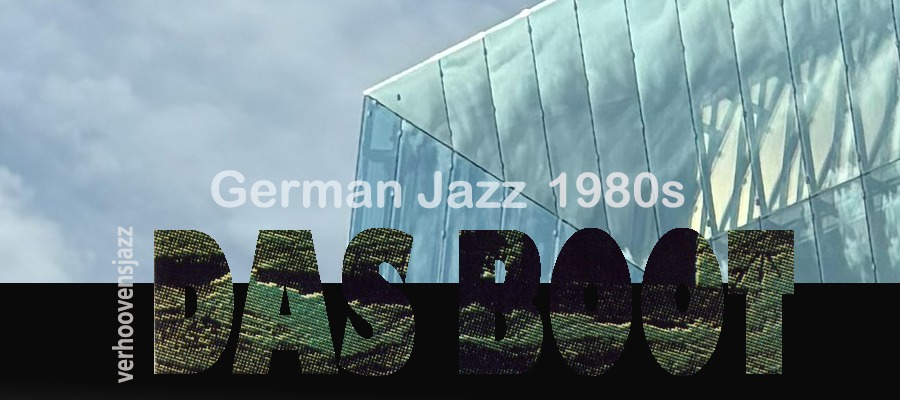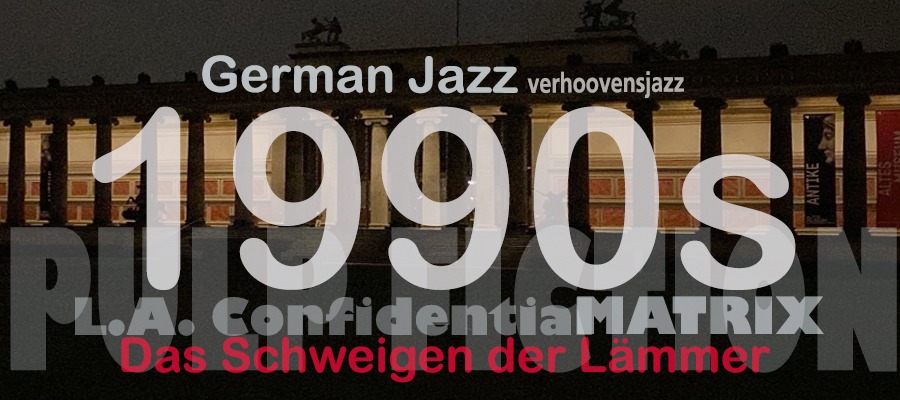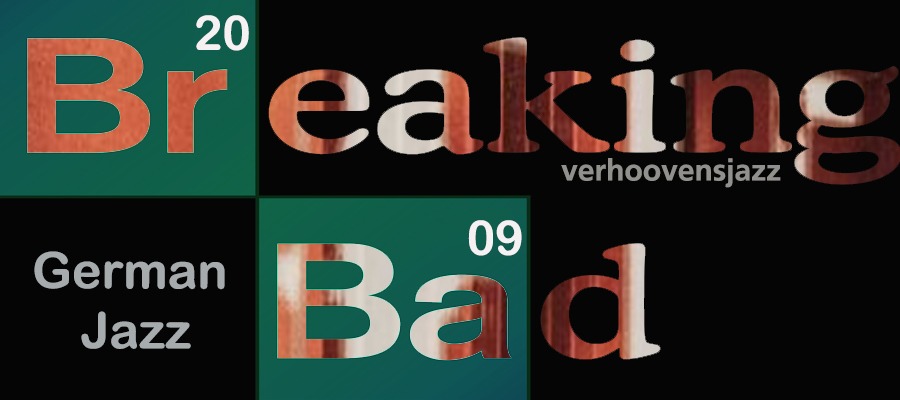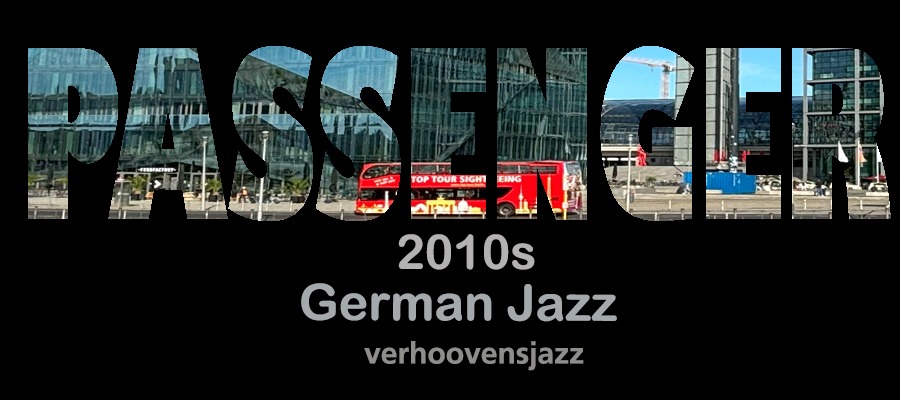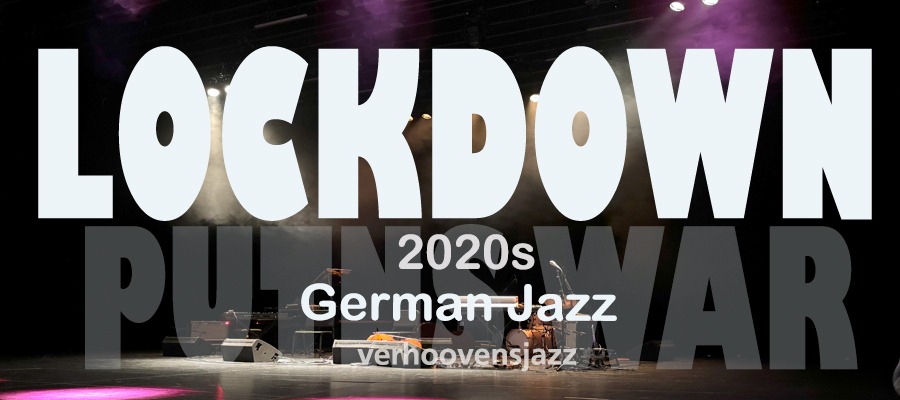German Jazz Motivation Intro
Der erste Satz zu German Jazz auf Wikipedia:
„Die Entwicklung des Jazz in Deutschland und seine öffentliche Wahrnehmung unterscheidet sich in mehrfacher Hinsicht von der im „Mutterland“ des Jazz, den USA. Seit den späten 1960ern spielen Grenzen in Europa jedoch nicht mehr die Rolle wie zuvor; die Rahmenbedingungen für Jazzmusiker*innen in Deutschland sind heute völlig andere: Festivals, Bands und andere Jazz-Projekte sind zunehmend international besetzt.“
Insofern interessant, als es sich bei German Jazz immer auch um eine Emanzipationsbewegung vom Amerikanischen Jazz handelte – darauf zumindest zielt Wolfram Knauer ab in seinem Buch Play Yourself, Man Reclam 2019. Wolfram Knauer beschreibt das sehr eindrücklich am Beispiel von Albert Mangelsdorff.
Götz Alsmann würde wahrscheinlich einen Song aus dem American Songbook vortragen oder auf Duke Ellington zu sprechen kommen und beim SWR anrufen, ob sie ihm ihre Big Band zur Verfügung stellen für ein Experiment: Wie man German Jazz buchstabiert … ob A wie Alles schon da gewesen oder Z wie Zeitreise.
Immer fehlt jemand. Immer ist etwas unvollständig, unübersichtlich oder frei improvisiert. Albert Mangelsdorf und Götz Alsmann wie sie unterschiedlicher nicht sein können. Von traditionellem Jazz zum Freejazz, und das unter den Vorzeichen der Emanzipation? Der Freejazz in Deutschland noch einmal einen ganz eigenen Ruf genießt.
Ich durchstreife die Listen und bin einmal mehr überrascht, wie viele im Kanon des Jazz musizieren. Und doch schielen wir immer in die USA – holen uns die Big Gainer zu Festivals und lassen uns hin- und herwerfen von denen, die glauben – Jazz is dead obwohl er lebendiger oder widerständiger denn je erscheint, im Gesamtgefüge des Mainstream oder des allgemeinen Geschmacksmusters – wie eine sich selbst erfüllende Prophezeiung rauscht es durch die Blätter:
„Jazzmusiker spielen im gesellschaftlichen Kulturleben Deutschlands nur eine marginale, untergeordnete Rolle. Anerkennung finden sie heute eher als Lehrer für Nachwuchsmusiker als auf der Bühne.“
Als wollte man es so, als sollte es so sein. Die einen strapazieren ihre Klischees vom schwarzen oder weißen Jazz – die anderen tun so, als habe der Faschismus in Deutschland den Jazz in Deutschland entscheidend geschwächt, wieder andere tun eben so gar nichts dafür, dass der Jazz sein Publikum findet, wieder andere raufen sich die Haare und treten als Punkformation mit Jazzattitüde in Erscheinung, noch andere wollen den Begriff weghaben und finden keinen besseren,
das alles zieht nicht und kann auch so nicht stimmen, es sei denn, man schaut sich nur die Bilanzen von Honda Jazz an, oder Prestige, Universal und Sony – Warner Music und Co, ich werde es nicht müde zu betonen: Blue Note mag ja ein Universal-Riese sein, trotzdem gibt es unzählige Verlage und Studios und Labels, die sich über Wasser halten im Sinn des Widerständigen im Jazz, gerade auch in Deutschland, auch wenn …. nun …
schöner wäre es, wenn sich das Musik-Leben aus den Studios und Universitäten heraus auf die Straßen ergießen würde, wie einst in New Orleans, auch das wäre nur Bild, Klischee und ein Versuch, etwas zu de-institutionalisieren, was sich zu sehr institutionalisieren ließ, und so fort – ein in sich unstimmiger Ansatz – und hilft noch nicht über das Intransparenz-Phänomen hinweg.
Schau dir die Wiki-Listen an und gib zu: du kennst fast keinen. Wie kommt das?
Ich will das für mich lüften – und kaum dass ich mich darin vertiefe, verliere ich mich und muss mir noch anhören, ich würde andere überfordern mit meiner Forderung, sich ebenfalls mit den Tiefen, Höhen, Weiten und Kurzaufenthalten im Jazz zu beschäftigen, im Folk, im Rock, in der Klassik – und im Pop – wir verzeichnen Verluste und laufen paarweise hinter dem wohl kurzlebigsten und am wenigsten nachhaltigen Geschäftszweig unserer Pop- und Umsonst-Kultur her, auf immer breiter getretenen Wegen entlang, in der Hoffnung, jemanden wieder zu erkennen und stellen fest:
auch die uns bekannt sind, bleiben uns unbekannt und treiben in die Selbstentfremdung, die kaum mehr Energie aufbringt, sich mit all dem zu beschäftigen jenseits der Honda-Jazz-Nummern, der Lippenstiftstärken im Beat und dem Pop-Sozialisierten im medialen Bild. Deswegen nun auch und erst recht: The Jazz is Dead – endgültig, auch in Deutschland und lebt weiter im Alphabet von A-Z, entlang der Wikipedia Vorlagen, ergänzt um eigene Funde … Punkt – Punkt Komma Strich, was nützt uns was du sagst, lass hören – los geht’s
-
- dabei geht es in erster Linie um Musikbeispiele, die Texte sind weitestgehend aus Wikipedia, die Musikbeispiele aus vorliegenden Internetdiensten
German Jazz Motivation Intro
Wir werden nun, da uns gestern erst (am 27.11.2024) eine Lücke offenkundig wurde: bei der Suche nach Aufnahmebeispielen für die einzelnen Jahrgänge im Bezug zum Jazz im deutschsprachigen Raum waren kaum Beispiele zu finden, die älter sind als das Jahr 2010 – die allgemein bekannten Namen, kein Problem, was aber ist mit denen jenseits der ausgetrampelten Pfade? – gemeint ist die Suche im Netz – nun: dem wollen wir nachgehen und es Stück für Stück nachholen und aufbessern.
